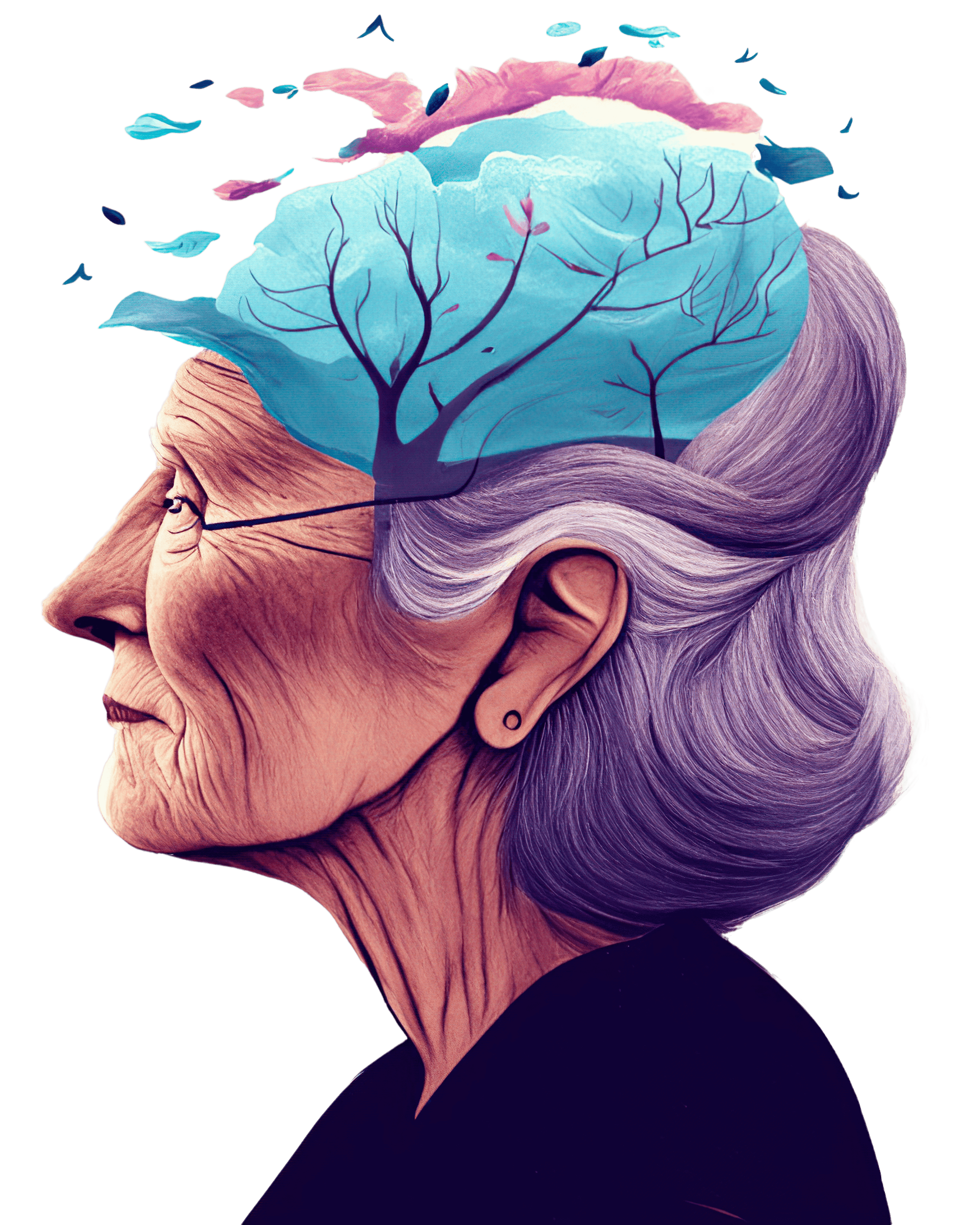This website uses cookies so that we can provide you with the best user experience possible. Cookie information is stored in your browser and performs functions such as recognising you when you return to our website and helping our team to understand which sections of the website you find most interesting and useful.
Alzheimer’s & Dementia Care
Dementia refers to difficulties in thinking and memory, making daily life challenging. It encompasses a range of symptoms affecting memory, communication, and problem-solving.
People with dementia may experience forgetfulness, difficulty finding words, and challenges with tasks.
Alzheimer’s disease is a prevalent cause, impacting not only memory but also hindering daily activities for both the patient and their family.
Live with dignity and purpose
At Tri-County Home Care of Florida, we understand how tough it can be for families. We know how important it is for people to be happy in their homes. A comfortable environment brings stability and peace.
Our caregivers are patient, gentle, and empathetic, providing kind and dignified treatment to your loved one. We strive to create a safe space for individuals to live with dignity and purpose in their own homes, allowing them to stay connected to what matters most for optimal health and emotional well-being.
A dementia diagnosis often feels like the compass guiding your path has been lost. Daily rituals become clouded, familiar places confusing.
As the disease advances, individuals will need more care, including 24/7 safety monitoring and assistance with daily activities. Personality changes, memory loss, and irritability associated with the condition can also affect family members emotionally and psychologically.
No matter the stage of the disease, Tri-County Home Care delivers exceptional Alzheimer’s & Dementia home care, a beacon of light for patients and their families.
When a loved one struggles with this relentless disease, it’s hard to watch them not be themselves anymore. When you or your loved one needs caring support for personal and medical needs, home is the preferred place and Tri-County Home Care of Florida is the trusted provider.
Alzheimer’s & Dementia Care
Dementia refers to difficulties in thinking and memory, making daily life challenging. It encompasses a range of symptoms affecting memory, communication, and problem-solving.
People with dementia may experience forgetfulness, difficulty finding words, and challenges with tasks.
Alzheimer’s disease is a prevalent cause, impacting not only memory but also hindering daily activities for both the patient and their family.
Live with dignity and purpose
At Tri-County Home Care of Florida, we understand how tough it can be for families. We know how important it is for people to be happy in their homes. A comfortable environment brings stability and peace.
Our caregivers are patient, gentle, and empathetic, providing kind and dignified treatment to your loved one. We strive to create a safe space for individuals to live with dignity and purpose in their own homes, allowing them to stay connected to what matters most for optimal health and emotional well-being.
Respite For Family Caregivers* ![]()
Caring for a family member with dementia is challenging, but partnering with Tri-County Home Care of Florida can provide much-needed relief. Our scheduled visits give you a break, allowing time for rest or other activities, while still ensuring your loved one gets attentive support. We handle tasks like medications and meals, providing compassionate care. Our visits also offer social engagement and specialized dementia care to ease your loved one’s anxiety. You don’t have to do it all alone—let us be your respite so you can focus on your own health and relationships.
*61% of family caregivers have reported significant emotional stress and 43% have reported physical stress.
We’re here to assist you in determining the ideal care for your family. Whether you require 24/7 home care or additional support, we’ll help you navigate through the decision-making process. By assessing your loved one’s health and safety requirements, we can develop a care plan that considers changes in memory and cognition with a variety of services for your loved one:
Ensure safety even during sundowning* that may lead to behaviors like confusion, anxiety, or aggressions.
What is Sundowning?
Reduce the risks of falls and other injuries by assessing safety in the home.
Dealing with co-existing health issues such as diabetes, congestive heart failure, COPD, and other chronic conditions can add extra challenges when caring for a loved one with mental impairment.
If your loved one has a chronic condition or other medical concerns, we can collaborate with their physician to organize skilled care and disease management.
Our personal/home care services offer support in their daily life, providing hourly or round-the-clock care to help both your loved one and you navigate everyday challenges like medication management, maintaining a proper diet, and ensuring safety with functional mobility.
We aim to assist your loved ones in staying at home, adapting to evolving care needs. Our primary focus is on comfort and safety, leveraging the familiarity of home to provide optimal comfort and alleviate agitation and confusion. For individuals with dementia, a stable, familiar environment and an established routine yield the best responses.
Care Services Where You Call Home.
The key to a good day versus a bad day lies in the warmth and comfort of home and the presence of an experienced, skilled caregiver. Despite the absence of a cure for dementia, our unwavering commitment is to enhance the quality of life for your loved one.




















